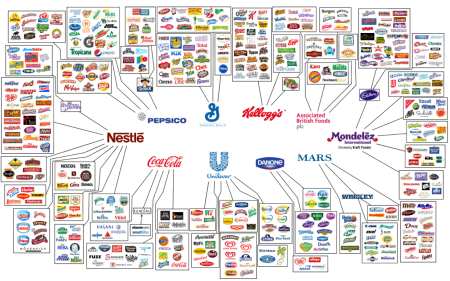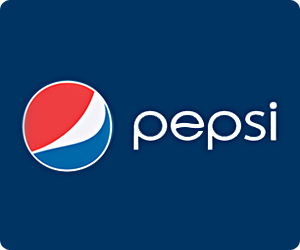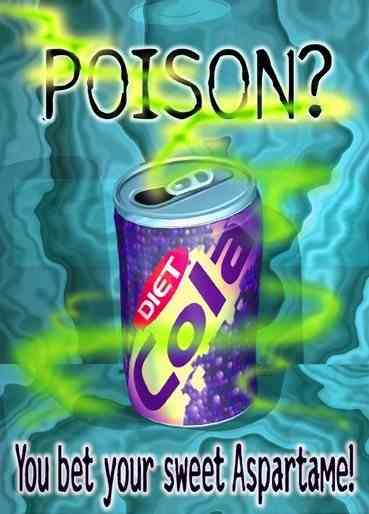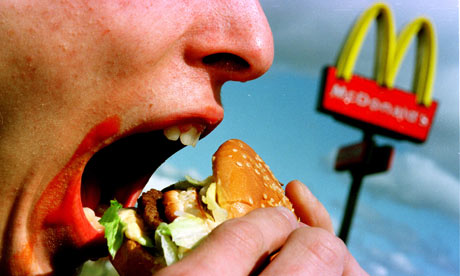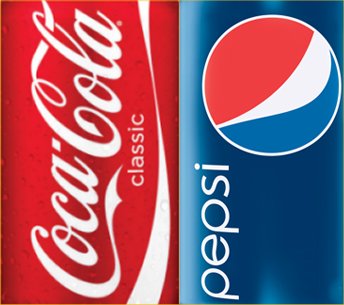
(NaturalNews) The “caramel coloring” used to color all the top cola brands isn’t natural caramel coloring at all. Instead, it’s made by reacting sugars with ammonia and sulfites at high temperatures. This reaction results in the formation of 2-methylimidazole and 4-methylimidazole, both of which are chemicals documented by the U.S. government to cause cancer in mammals.
This is all coming to light thanks to an effort by the CSPI, which has now filed a regulatory petition to ban these chemicals from colas (http://www.cspinet.org/new/20110216…).
The National Toxicology Program has conducted animal studies on these toxic chemicals found in colas, concluding there is “clear evidence” that 2-MI and 4-MI are animal carcinogens.
The call to ban these chemicals from use in foods was joined by five carcinogenesis experts who said, “The American public should not be exposed to whatsoever as a result of consuming such chemicals, especially when they serve a non-essential, cosmetic purpose.” (http://cspinet.org/new/pdf/experts-…)
That letter explains:
4-methylimidazole (4-MI) causes lung tumors in male and female mice and mononuclear cell leukemia in female rats. Other NTP studies found that 2-methylimidazole caused liver tumors in male and female mice, thyroid tumors in male mice, and precancerous thyroid changes in female mice. In rats, 4-MI caused an increased rate of tumors in thyroid follicular cells in females and an increased rate of hyperplasia in thyroid follicular cells in males.
Even the term “caramel coloring” is extremely misleading to consumers, because most people think it’s related to caramel candy, which is made by browning sugar under heat. But the “caramel coloring” used in colas is made by exposing sugars to industrial chemicals (ammonia and sulfites), resulting in a cocktail of cancer-causing chemicals.
Coke and Pepsi products may soon bear cancer warnings in California
California’s Proposition 65 law limits the consumption of 4-MI to no more than 16 micrograms per day from a single product. Yet colas contain roughly 200 micrograms of 4-MI in a 20-ounce bottle.
That’s over 12 times the allowable limit under Proposition 65, and that’s in every bottle! Many people drink several bottles a day, further multiplying their exposure to this potential carcinogen.
If cola companies are going to continue to sell their products in California, then, they must now carry cancer warning labels in order to be in compliance with Prop 65. You can bet that a desperate effort is now under way by the cola industry to lobby California regulators and make sure 4-MI gets removed from any enforcement of Prop 65.
Read moreCancer Causing Chemicals Found In Cola Coloring Ingredient



